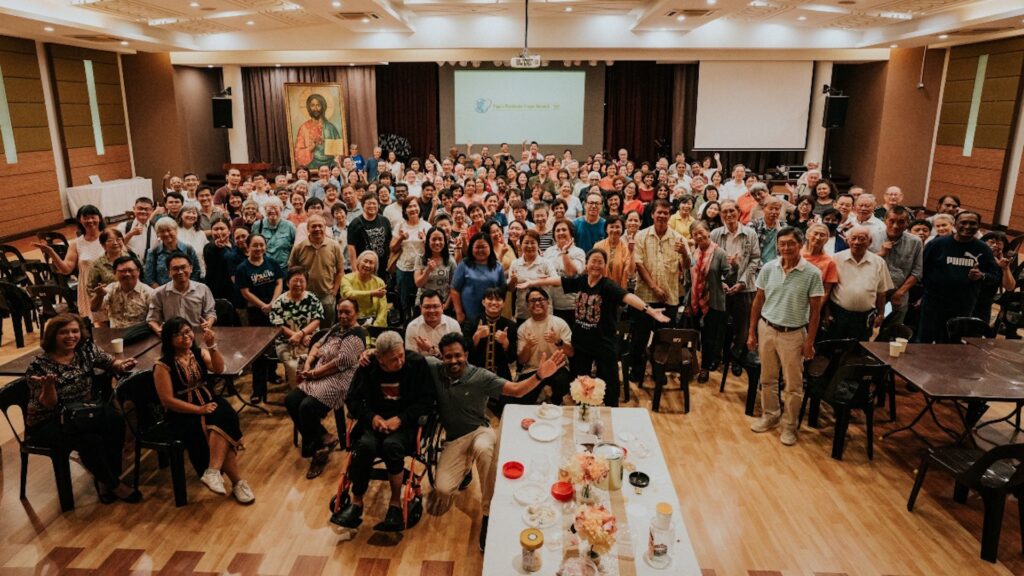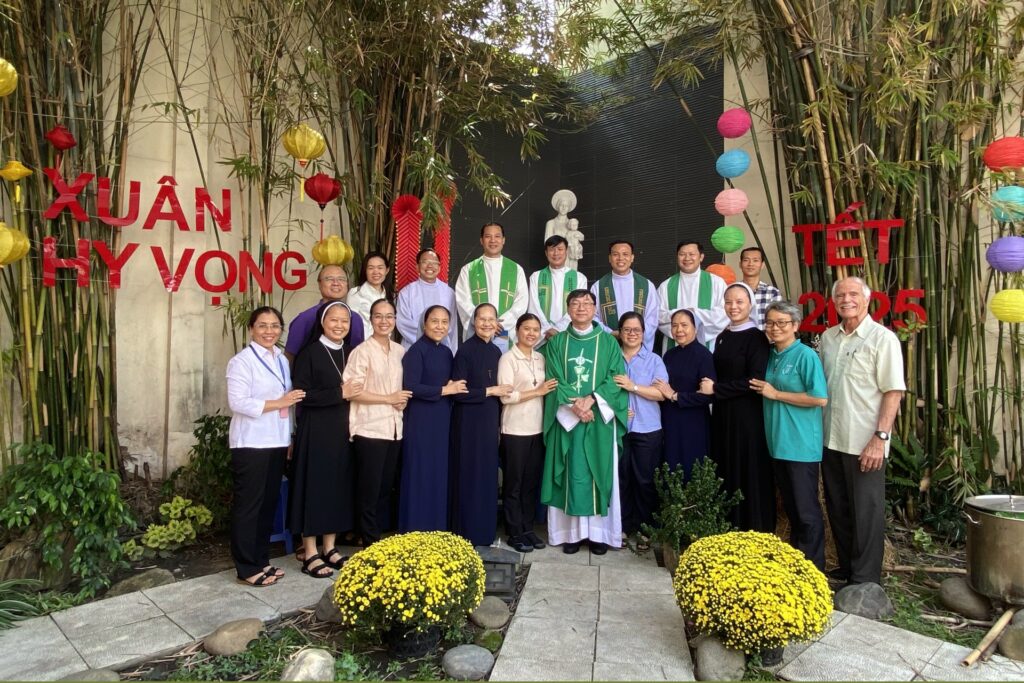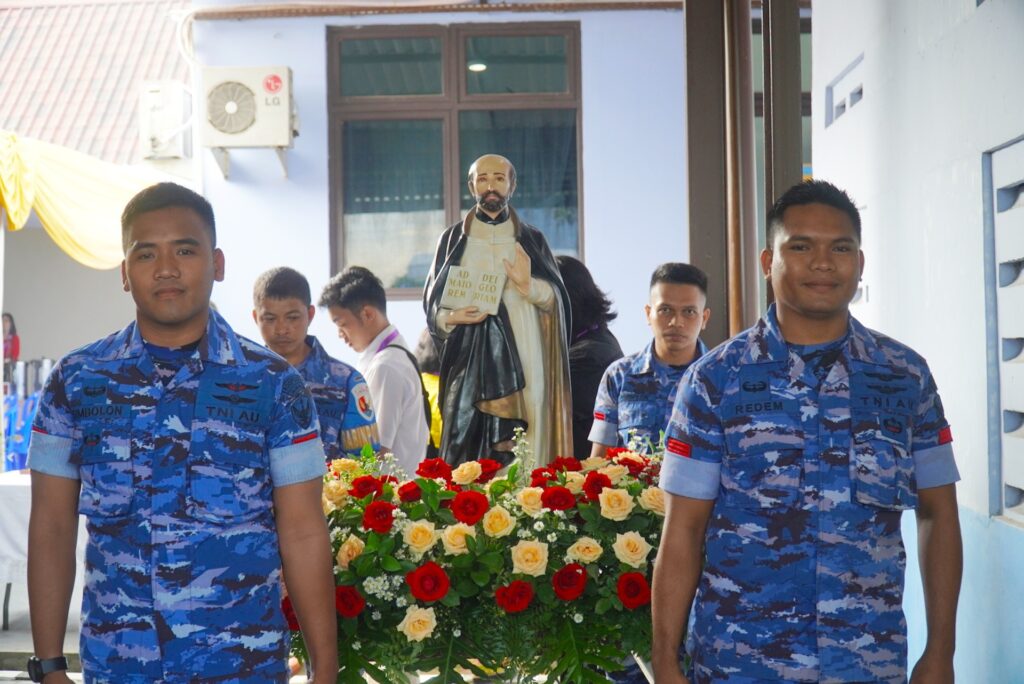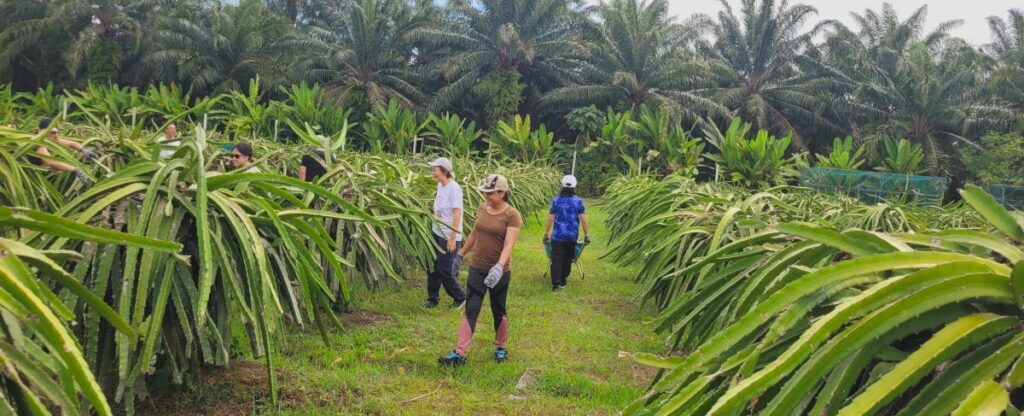Biblical Liturgical Calendar 2000–2036 gives you the readings for the Mass of each day until the year 2036. By clicking on a date in this calendar you can go to the liturgical readings for that day. You can change the calendar year by choosing among those available in a pop-up menu or by clicking on “Find.” You can check for a listing of biblical references for a year, or for all the references and readings for a year, or the moveable feasts for that particular year, or the coincident feasts in a given year.
Biblical-Liturgical Calendar 2000-2036
Share this article
More News

Myanmar is at war and needs emergency support
Jesuit Mission Australia is urgently appealing for more support for families in Myanmar who continue to be crippled by war and natural disasters. Since war...read more

SFX Church provides youth with immersive Passion encounter
The combined youth ministries of the Church of St Francis Xavier (SFX) in Petaling Jaya, Malaysia hosted an overnight Lenten vigil on 11 and 12...read more

Strengthening the network rooted in the heart of Jesus
Fr Cristóbal Fones SJ, the International Director of the Pope’s Worldwide Prayer Network (PWPN), recently made his apostolic visit to Asia Pacific. From 17 to...read more

CIS Vietnam launches pastoral leadership programme on synodality
For two years, the Center for Ignatian Spirituality (CIS) of the Vietnamese Province has received requests from bishops and religious superiors for a programme on...read more

St Ignatius’ relic finds new home at Air Force Base parish
The Parish of St Ignatius of Loyola in Semplak, Bogor, has received a precious gift from the Indonesian Jesuits—a fragment of St Ignatius’ robe. The...read more

Fostering the next generation of eco warriors
The church of St Francis Xavier, together with the Jesuit Conference of Asia Pacific, hosted a youth eco retreat in Sg Pelek, Sepang, from 19...read more
